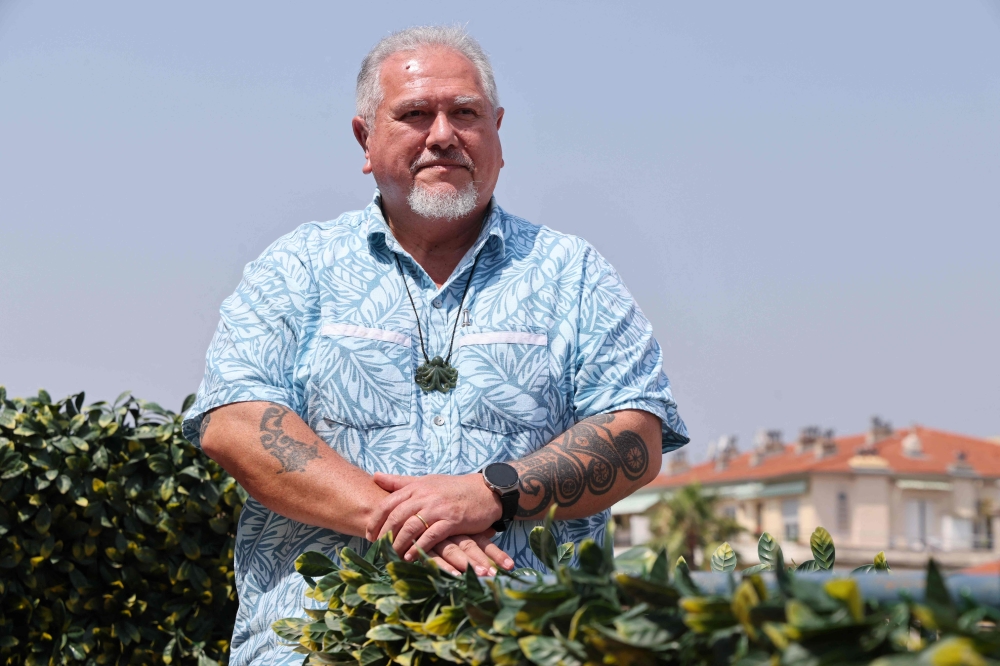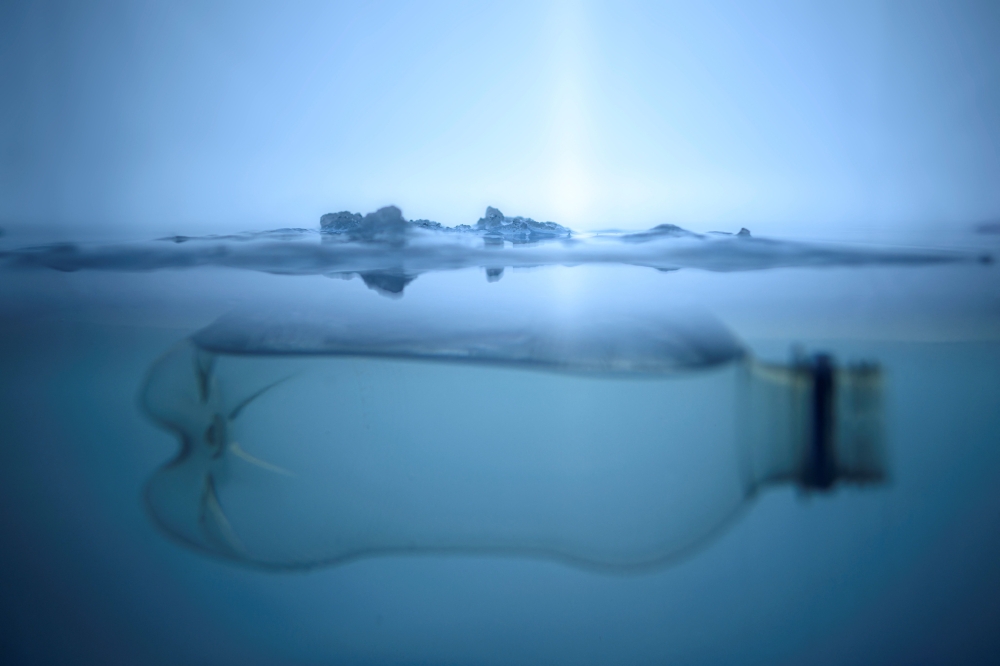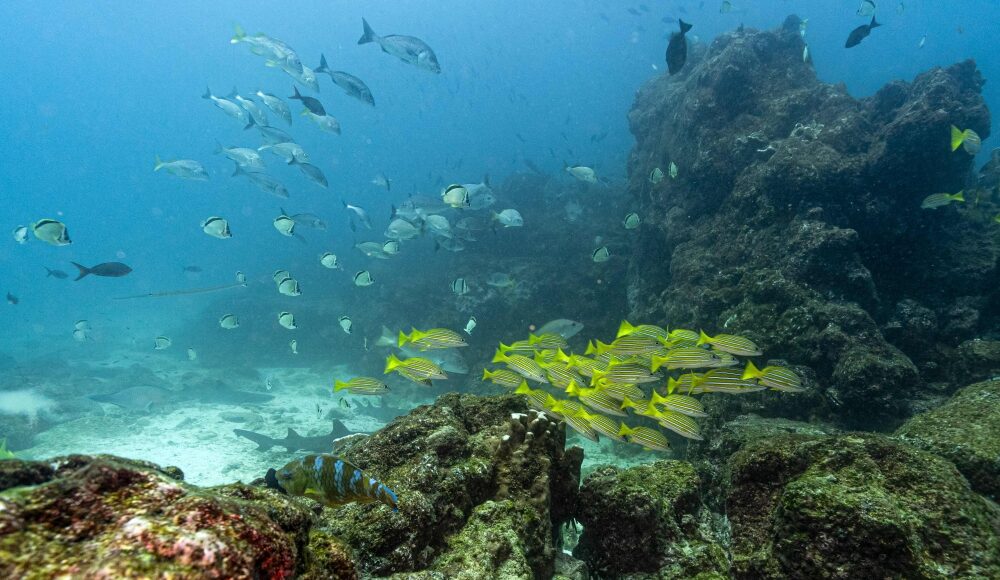NICE (France), June 13 — French Polynesia pledged this week to create the world’s largest marine protected area to safeguard its seas — and it hopes to encourage others to lift their game.
The archipelago in the far South Pacific Ocean, an overseas territory of France, is led by Moetai Brotherson, who believes oceans should be valued, not plundered.
President Brotherson spoke with AFP about deep-sea mining, ecological stewardship, and his dream of a day where environment summits are no longer needed.
Q: How big is this new protected area?
A: “It covers our entire exclusive economic zone, approximately 5 million square kilometres. From north to south, that’s equivalent to the distance between Stockholm and Sicily, and from east to west, it’s Romania to Portugal.
“All seabed exploitation, trawling and seine fishing (use of a large circular weighted net) is prohibited in our waters. And within this area, there are just over 1 million square kilometres that are high protection zones.
Q: Are these zones totally off-limits?
A: “Yes, absolutely. Even our longliners (which use baited hooks on a long line) will be prohibited in these high protection zones.”
Q: What motivated the decision?
A: “We are doing it because there are other ways to exploit the ocean than plundering it, and we hope that our example will inspire other countries.
“We are not just a people of the ocean, we are the ocean. For us, it is unthinkable to destroy this space, this place that is part of our origins, our legends, our founding myths. We talk about marine protected areas, but here we call it rahui (leaving fallow), and it has existed for 3,000 years.
“There are 280,000 of us, and we are here to show the rest of the world that with a population the size of Montpellier, we can achieve great things.”

Q: Do you think France should do more to protect its oceans?
A: “I am not the President of the French Republic. But yes, in absolute terms, of course France should do more.
“Today — if we look at France’s actions in relation to ocean protection — it mainly comes from overseas territories.”
Q: Deep-sea mining has been a hot topic at the UN Ocean Conference. What’s your position?
A: “It’s a subject that worries me. Our closest neighbour, the Cook Islands, is planning to mine polymetallic nodules in its exclusive economic zone. The machines used are a kind of combine harvester that settle on the ocean floor and destroy everything in their path.
“Underwater pollution, like the Chernobyl cloud, will not stop at the border. The plume of dust that will be released will block out the light and prevent the development of phytoplankton, which is necessary to feed the entire food chain. It is a chronicle of a disaster foretold.”
Q: What needs to be done to prevent this disaster?
A: “The message to the big countries is: don’t come and lecture us, because you have been destroying the planet for centuries without caring about the environment. It’s rather inappropriate to come and lecture us today.
“Some of us today see no other solutions for our economic development. The responsibility of the world’s major countries is to help us, the small island countries, to develop other socio-economic models based on green tourism, blue tourism and renewable energies, which do not involve exploiting sub-oceanic minerals.
“We need adequate funding and development aid.”

Q: Beyond the speeches, do you think the UN Ocean Conference achieved anything?
A: “These gatherings can of course be criticised. But they are still necessary to meet decision-makers and people who have the financial means to participate in environmental preservation efforts.
“I dream of the day when it will be announced that there is no longer any need for climate or ocean summits.” — AFP





